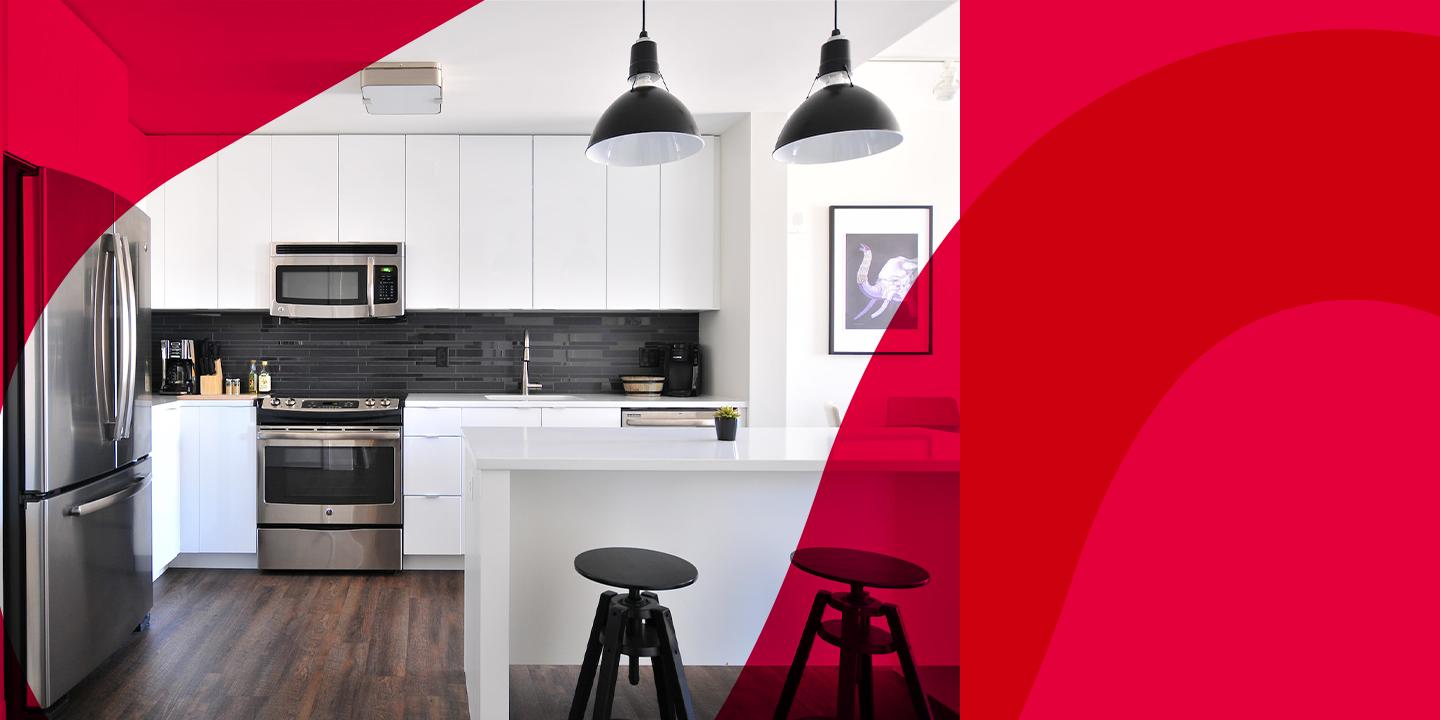Alison Pryde
- Director

Furnished holiday lets – short-term lets – are hitting the headlines right now due to the Scottish Government’s new, tougher licensing scheme which has just come into being. Ministers insist the new regulations are designed to combat unscrupulous owners, while owners say they are being forced out of business.
But there’s another factor to consider when weighing up the pros and cons: the potential tax benefits arising from letting out a property for holiday accommodation.
Unlike other rental properties, income and capital gains from furnished holiday lets may qualify for potentially valuable reliefs that are normally only available to trading businesses. But, as you might expect, HMRC lays down certain conditions that must be met.
First up, the property must be in the UK or EU. Secondly, the business of running it must be commercial, with a view to generating a profit. Thirdly, the property must be available for short-term holiday accommodation for at least 210 days in the tax year. Finally, the property must be commercially let for at least half that time.
If that sounds onerous, keep reading because HMRC allows some flex to take account of the ups and downs of holiday letting. If, despite your best efforts, you fail to reach the magic number of 105 letting days, there is a period of grace. This means you can continue to benefit from tax relief for up to two consecutive years if you can show you had genuine intention to let the property as a furnished holiday let. But beware – if that situation continues into a third year, your property will no longer qualify for tax relief.
So you’ve met the conditions: what reliefs are available? Interest paid on borrowings reduces the taxable profit which results in income tax savings at rates of up to 47% (the highest band of Scottish income tax) which could generate considerable tax savings, particularly when borrowing rates are high, as they are now. You can also offset losses arising from a holiday property against future profits. Finally, the profits from your letting business may increase the level of tax-efficient pension contributions you can make in the tax year.
There are also ways to defer capital gains in relation to holiday letting. If the property is sold at a profit, then payment of any capital gains tax (CGT) can be postponed by reinvesting the proceeds in other qualifying business assets until these too are sold. In addition, capital gains arising on a gift of the property may be postponed until the property is sold on. And Business Asset Disposal Relief may be available to reduce the rate of CGT to 10%.
There’s more to consider, but these reliefs are a good place to begin. As with all taxation matters, being pro-active usually results in a more favourable tax position. Furnished holiday lets may still be an attractive commercial proposition, and a good tax advisor can help guide you through the maze.
For specialist tax advice, please contact Martin Campbell or Alison Pryde, or speak to your usual Anderson Strathern contact.
This article is featured in The Herald.
You might also be interested in these articles: